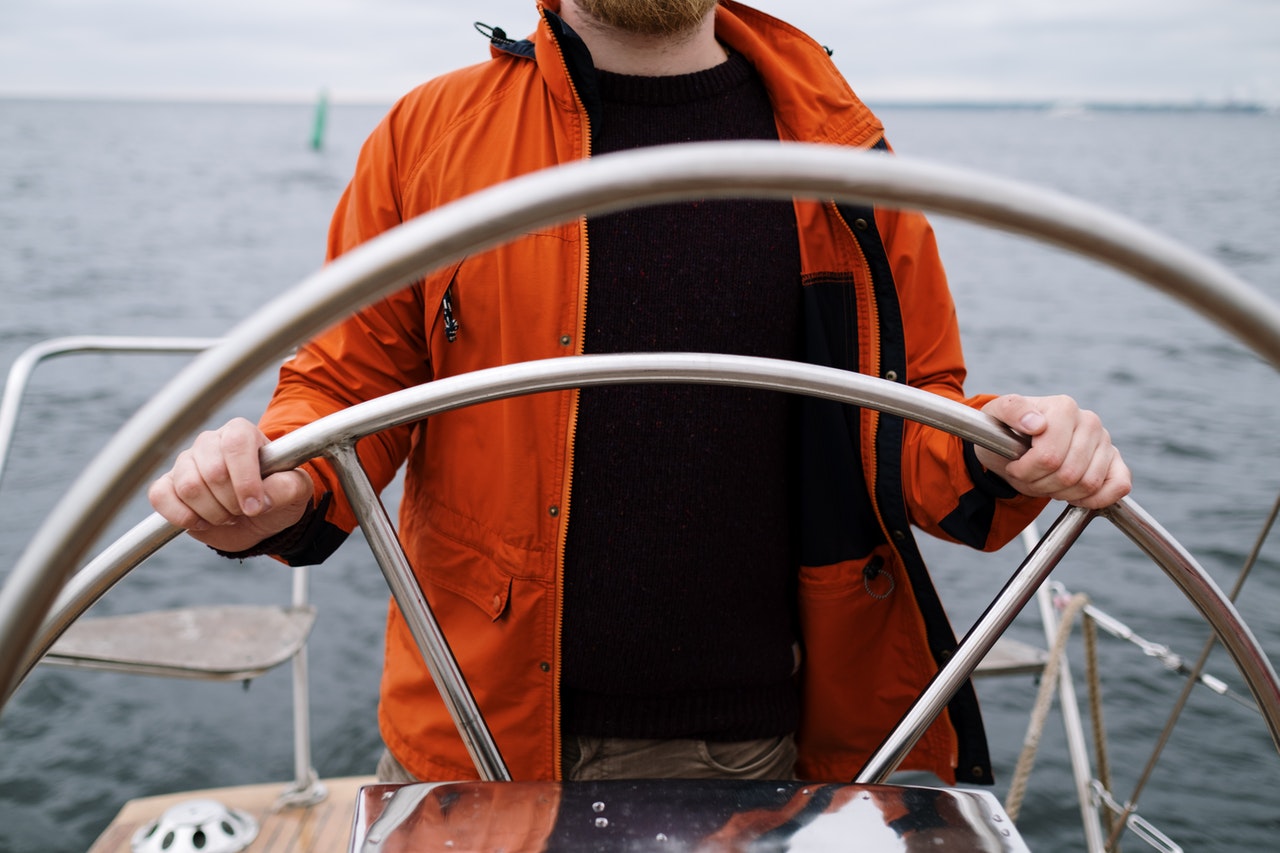Whether it’s sailing around the coastal waterways that make up the Salish Sea or exploring the nearly pristine expanse of the Great Bear Rainforest (one of Destination British Columbia’s top ten places to go in B.C.), British Columbia offers boaters spectacular scenery, diverse wildlife (bears included), unspoiled wilderness and many friendly coastal towns and marinas.
Because boating in any form takes us out of our normal land-based environment, knowing and following some basic safety precautions can avoid a tragedy. Here are some simple boating safety tips, courtesy of Transport Canada.
Take a Safety Course and Get a Licence. Operator errors cause the majority of pleasure boating accidents, and, prior to 1999, Canada had no licensing or other minimum standards applicable to operators of pleasure craft. Literally anyone could operate a recreational boat, regardless of their knowledge, experience or training.
Personal Flotation Devices (PFDs) Also known as “life jackets” or “life vests”, they are the single most important piece of safety equipment on your boat. Before you leave the dock and at all times until you return, be certain that everyone aboard is wearing a properly fitting PFD. Some estimates suggest that nearly eight out of every ten boating fatalities involved individuals who were not wearing PFDs. Remember – PFDs are effective only when worn. Don’t allow your passengers to stow (or sit on) them. And yes, you as the “captain” need one too.
Avoid Propeller Strikes. These can obviously cause grave injury or death. Before you start up your engine, be sure to account for all passengers. If swimming off your boat is a regular activity, consider investing in a propeller guard.
Have Adequate Safety Equipment. In addition to enough PFDs, your craft should have a first-aid kit, tool kit, a signaling device, an approved marine fire extinguisher and a life ring or similar device that can be safely thrown to a struggling swimmer.
Float Plan. Much like an aircraft’s flight plan, float plans tell people back on shore where you are headed, when you expect to return, what kind of vessel you have and who is on board. This can save critical time locating your craft in an emergency. There is a downloadable float plan form on the Canada Safe Boating Council (CSBC)’s website.
Boating Under the Influence (BUI). Beer and boating go together, right? Wrong! According to the CSBC, alcohol is a factor in forty percent or more of all boating accidents in Canada. In 2013, the CSBC launched its Dry Water Campaign in an effort to draw attention to the BUI problem. Leaving alcoholic drinks on shore or having a non-imbibing “designated captain” are by far the best solutions. Be sure that there is food on board and non-alcoholic drinks.
Carbon Monoxide (CO). Carbon monoxide gas is odourless, colourless and potentially deadly. While no separate statistics appear to exist for marine- related CO fatalities, the Canada Safety Council reports that more than seventy Canadians died from CO poisoning in Ontario alone between 2001 and 2007. Install and maintain CO alarms and stay away from engine exhaust outlets. Be sure to go topside regularly. The symptoms of seasickness and CO poisoning are similar, but if you suspect CO, seek fresh air and medical attention.
Get a Licence. Today, any operator of a recreational power boat must possess proof of competency. The requirements are set forth on Transport Canada’s website.
British Columbia Boat Accident Lawyers
If you’re injured by the carelessness of a boat operator, the team lawyers at Diamond and Diamond is ready to help. Call our 24/7 injury hotline at 1-800-567-HURT or visit our website to speak to someone now. We offer free consultations and case evaluations. Our team of personal injury lawyers represents clients throughout British Columbia.
FAQ's
What are common causes of boating accidents?
Many boating accidents are a result of inattentiveness or irresponsible behaviour from the operator. Some of the top causes are alcohol abuse, speeding, not keeping a lookout, inexperience, machinery failure, or hazardous waterways.
Under Canada law, are kids required to wear life jackets on boats?
Anyone under the age of 16 is required by Canadian law to wear a life jacket while on a boat.
Is filing for personal injury claims due to boating accidents the same as those for car accidents?
For the most part, the laws for boating accidents and car accidents are similar.
